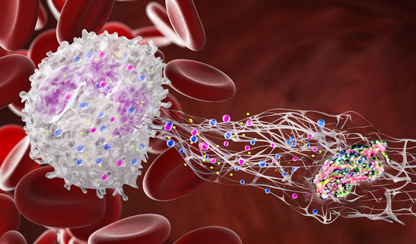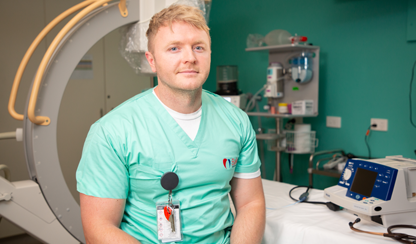27 March 2020
Media release
The best ways to keep it moving at home
The Baker Heart and Diabetes Institute is encouraging Australians to maintain physical activity in the face of COVID-19 restrictions, with new resources outlining tailored workout routines to promote health and wellbeing while in lockdown.
Director of the Baker Institute Professor Tom Marwick said keeping active was particularly important for the most vulnerable in our community – the elderly and people with chronic conditions like heart disease, diabetes and cancer.
“Around the world, those most vulnerable to the virus are being told to stay at home and many countries are now directing all residents to follow suit,” Professor Marwick said.
“These kinds of restrictions are critically important to combat the COVID-19 pandemic, but they can also make it tough for people to engage in the typical kinds of physical activity they enjoy, the exercise that keeps them moving as part of their daily routine.
“That means we must prioritise opportunities for physical activity and promote awareness around how to do this safely at home. That way, we can ensure we are all maintaining the benefits of an active lifestyle as much as we can at this challenging time.”
Accredited exercise physiologists and researchers from the Baker Institute have developed easy to follow exercise plans tailored for different groups, including:
- Healthy adults
- Older people aged over 65
- People living with heart disease
- People living with diabetes
- People living with cancer.
Each of these exercise plans can be done at home, with no special equipment, and take just 30 minutes to complete.
The Baker Institute will also be drawing on its suite of experts in physical activity, nutrition, cardiovascular health and diabetes management to provide further public resources to help people navigate the pandemic while managing chronic conditions.
Professor Marwick said Australians must abide by important social distancing measures, but still aim for 30 minutes of moderate physical activity most days, especially those living with chronic conditions.
“Being active is critical for maintaining both physical and mental health, it helps to prime our immune system and can reduce our risk of many common chronic health conditions, such as diabetes and heart disease,” he said.
“Maintaining activity is extremely important in diabetes, as weight gain engenders insulin resistance which impacts diabetic control, and physical activity is also a crucial way for people with heart disease to manage their symptoms.”
Evidence from the Dallas Bedrest studies of the 1960s demonstrated that three weeks of inactivity had the equivalent effect of 30 years of ageing on the cardiovascular system. While data from the Australian ‘45 and Up’ study, published last year, showed that meeting physical activity targets helped to lower hospital spending.
“This evidence is a reminder about why physical activity is so important. While we can’t control what is happening around us, we can still keep active at home and encourage our family and friends to do this,” Professor Marwick said.
Check out our new resources to help you exercise safely during the COVID-19 pandemic at /health-hub/keep-it-moving
For further information or to organise interviews please contact:
Tracey Ellis
T: 03 8532 1514
M: 0433 781 972
E: tracey.ellis@baker.edu.au





